Financial Empowerment is an Act of Self-Care
The term self-care may be overused and it is certainly riddled with complexities, but it remains a practice that is sorely missing in the world of finance.
Without compassion and forgiveness, true growth and change cannot occur. When we beat ourselves up for past purchases or admonish our lack of knowledge we put ourselves in a space of fear, anger and hurt. Working on your daily money habits from this negative place will not work. It only fuels more guilt, shame and anger. Think about it this way – children of abuse, both physically or emotionally, often grow up thinking they are not worthy of love and affection and therefore end up in cycles of abuse in their adult life. Similarly, if you keep punishing yourself for past financial decisions, you will come to believe that you can’t make good choices or you are incapable of becoming financially savvy and find yourself stuck in a self-fulfilling cycle of financial stress.
On the other hand, if we approach our financial growth from a place of self-care and compassion, we can look at past negative experiences and learn from them. We can be proud of the progress we’ve made and recognize that we can’t become “perfect” at dealing with our money overnight. Perfection is an impossible goal post because there is no such thing! BUT, what we absolutely can attain is joy, confidence and true progress toward our financial goals.
So, how do we practice Financial Self-Care?
Positive affirmations & mantras
My personal favorite is “I am happy, healthy & wealthy” (shout out to Abundant Affirmations!) I love that affirmation because it is easy to say multiple times in a row and reminds me that money is an integral part of my overall well-being.
Gratitude for the lessons we’ve learned & experiences we’ve had
I have a gratitude practice that I go through every morning. I write down at least 3 things I’m grateful for and try to include money as part of that, whether by recognizing gratitude for clients or speaking opportunities I have, or by recognizing the positive things that are in my life because of money (i.e. healthy, local food and a yoga membership).
Forgiveness, forgiveness, forgiveness!
When I catch myself thinking mean thoughts about my past financial decisions I do the following: First I remind myself that what is done is done and can’t be undone, next I force myself to think of at least 3 good things that came out of that experience - whether it be new knowledge or an experience that I loved. For example, I went into credit card debt to go on a trip to Mexico with one of my best friends in my early 20s. Although I wish I had saved for that trip instead of using credit cards, I have incredibly fond memories of our time in Tulum together and believe that trip is one of the reasons why we are still such wonderful friends ten years later. That friendship was worth a little debt.
Introspection on WHY we feel the way we do about our finances
Journaling is my favorite tool to figure out why I feel the way I do about money. When I’m noticing particularly strong feelings around a financial topic I take some time by myself to write answers to the following questions:
When did I start feeling this way? Did I ever feel differently?
How did my parents or close friends and family talk (or not talk) about this topic when I was young?
What are my feelings trying to tell me? Are they warning me that I’m doing something that is inauthentic to myself? Are they reminding me of past hardships? Are they actually just indicative of what I think society expects of me?
Share our stories & remain open to others’ stories
I love doing this on instagram because it gives me the opportunity to share with lots of people at once, but I also make a point of having these conversations regularly with friends and family. I know that by admitting financial mishaps and telling people about money worries and wins, I am helping them know that they can share those things with me as well -- thus breaking down the barriers that have been ingrained in us since childhood.
Learn! Search for knowledge from sources that respect you.
I am happy to be that source for you! Email me anytime.
I’m always looking for more techniques to add to my self-care toolbox -- let me know how you practice financial self-care.

